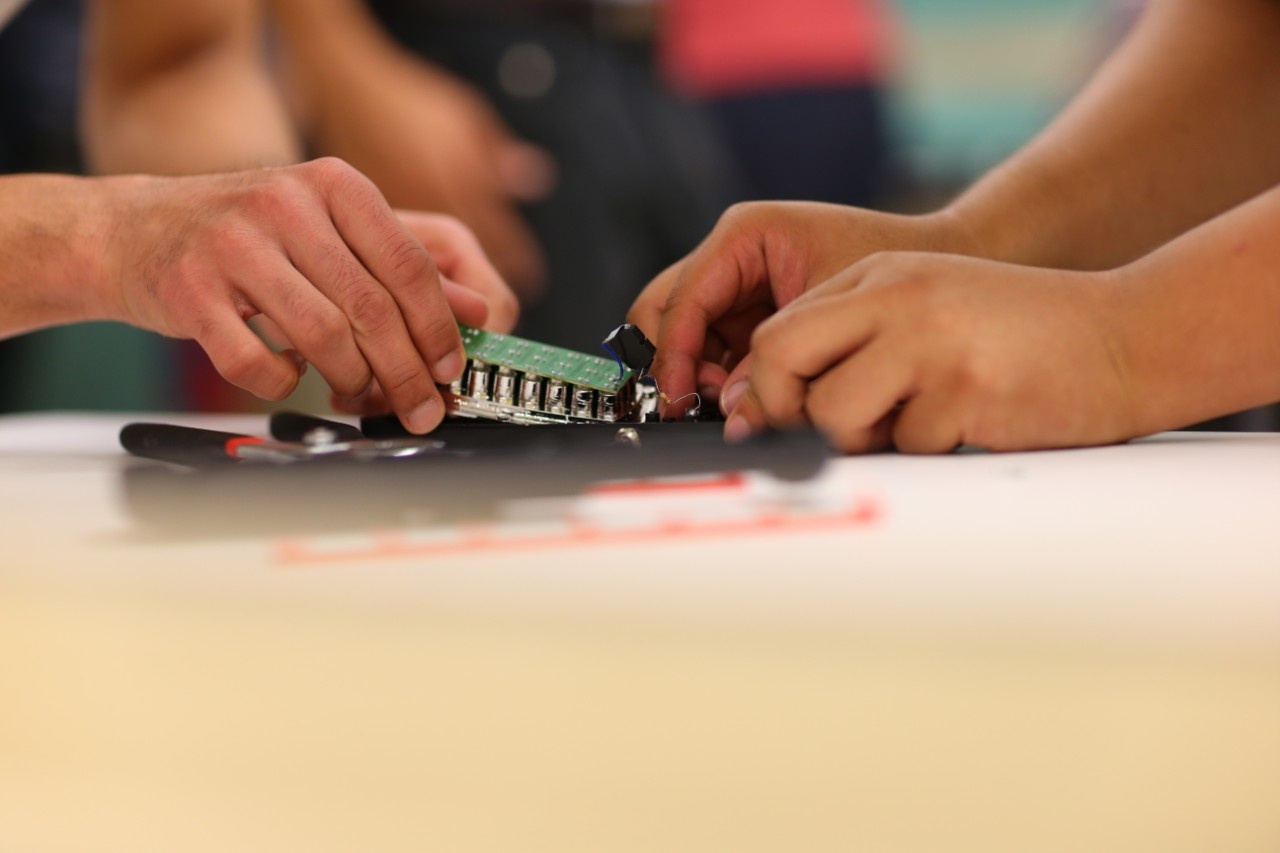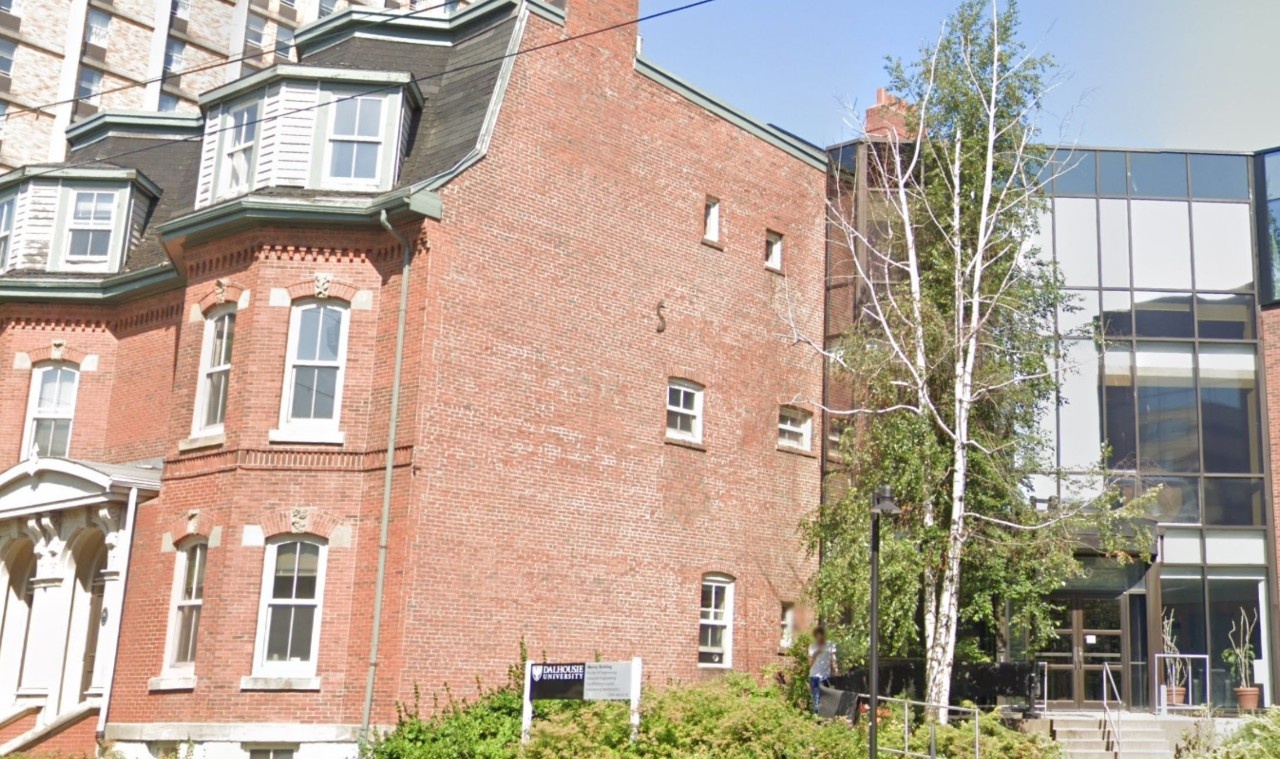Undergraduate Programs (BEng)
��
Student Testimonials
Recent undergraduate students share their Industrial Engineering experiences.
Applying to ��ɫֱ��
Prospective students interested in Industrial Engineering at ��ɫֱ�� will apply to the��general undergraduate Bachelor of Engineering��program.
Students who have completed the��Associated University Program��must also submit an��official transcript��of your��associated university academic record��verifying completion of the program entrance requirements��to the Registrar��by the date shown on the application form.
A Career in Industrial Engineering
Industrial Engineers optimize processes and systems by finding ways to save time, money, energy, and materials. Through mathematical models, Industrial Engineers design systems and methods that will help businesses meet their production goals. Whether it's streamlining the manufacturing processes of automobiles to make cars more affordable or optimizing the nursing staff at a hospital to improve patient care, career options span a range of industries.
��
��
What you'll learn/do with a BEng degree��in Industrial Engineering
The Faculty of Engineering at ��ɫֱ�� provides a��well-balanced technical education.
��ɫֱ��'s Engineering Diploma program (Years 1 and 2)

��
You can begin your studies at ��ɫֱ�� or if you prefer to begin your studies in a smaller campus environment, the Engineering Diploma program at ��ɫֱ��'s Faculty of Agriculture in Truro is the academic equivalent of the first two years of an Engineering degree (BEng). After earning your diploma, you can complete the final two or three years of your BEng in Halifax.
Questions?
Years 1 & 2
Faculty of Engineering - Undergraduate Studies Office
Email:��engineering@dal.ca
Phone: 902-494-2082
��
A substantial part of the work in first and second year is made up of��core classes��common to all engineering disciplines. You will��apply to your preferred discipline��in the winter term of first year and the elective classes taken in second year will depend on your selected discipline.
��
The��first and second years��(Study Terms 1, 2, 3, and 4) of study are��common��to��all engineering students. You will choose to focus on a specific engineering discipline in your��third year��of study.��.
Applying to an engineering discipline
In the winter term of your first year, you will apply to the Industrial Engineering discipline. See the For Current Students section for more information on��applying to an engineering discipline.
Program Curriculum
You may choose to complete the 5-year Co-op Program or the 5-year Standard Non Co-op Program. Co-op students take the��same academic program��as the non co-op program; however, our co-op option gives you an opportunity to complement your studies with��three paid work terms.
Accelerated non co-op students take the same academic program as the co-op students; however, Study Term 6 would be taken before Study Term 5.
* Note: Please email ieng@dal.ca no later than January to receive advice and permission to join the accelerated non co-op program in May.
Learn more about each option:
You'll gain real life experience

In their final year,��all students undertake a major project. Projects are drawn from companies or institutions outside the University and are treated as a consulting assignment.
The students are evaluated based on their ability to achieve an innovative solution by drawing upon the analytical skills developed throughout their program of studies. They must also, of course, satisfy the practical requirements of the outside client.
